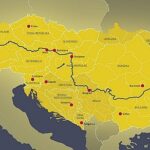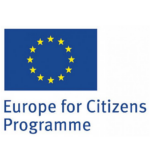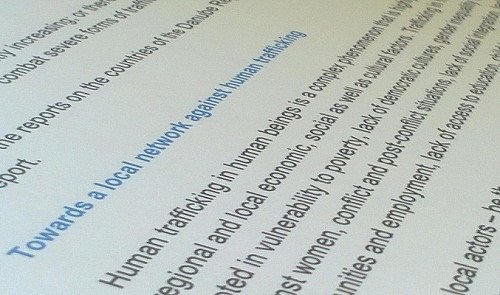BACKGROUND REPORT ON FRAMEWORK CONDITIONS AND INSTITUTIONAL LANDSCAPE – TOWARDS A EUSDR CITY NETWORK AGAINST TRAFFICKING IN HUMAN BEINGS
For the countries of the Danube Region the situation of human trafficking shows a complex system. Huge economic disparities, prolonged economic and political instability and regionally concentrated poverty raise the risk of becoming a hot-spot of human trafficking. International routes of migration and people smuggling that cross the Danube Region add to this risk potential. Also several countries from the Danube area, above all Romania, Bulgaria, and Hungary are regularly listed among the top EU countries of citizenship for registered victims of THB (COM(2016) 267 final). And even highly developed countries of the Danube Region are witnessing a sharp increase in human trafficking, with Austria being considered a transit country, especially for victims originating from Central and Eastern Europe.
Further Human trafficking in human beings as a complex phenomen depends highly on regional and local economic, social as well as cultural factors. Therefore, local actors – be they public authorities or NGOs – often are closest to both victims and suspects of THB. The local level thus, potentially, offers a variety of launching pads for effectively counteracting human trafficking. At the same time, it is particularly the local actors in the Danube area that often lack capacities, resources or know-how in order to initiate activities. Against this background the EU Strategy for the Danube Region with its specific priority area on “institutional capacities” is inquiring options for a thematic networking initiative which shall address in particular cities, towns and local institutions in order to enhance capacity-building and know-how transfer on this genuinely transnational issue.
This report shall provide background information about the existing framework of principles and strategies at European level. It points out an example of a local actors approach from the Baltic Sea Region that might serve as a model for the Danube Region. And it gives an overview of relevant institutions and networks that play an active role in the fight against human trafficking and can be considered potential partners in a Danube Region initiative.
Link:




